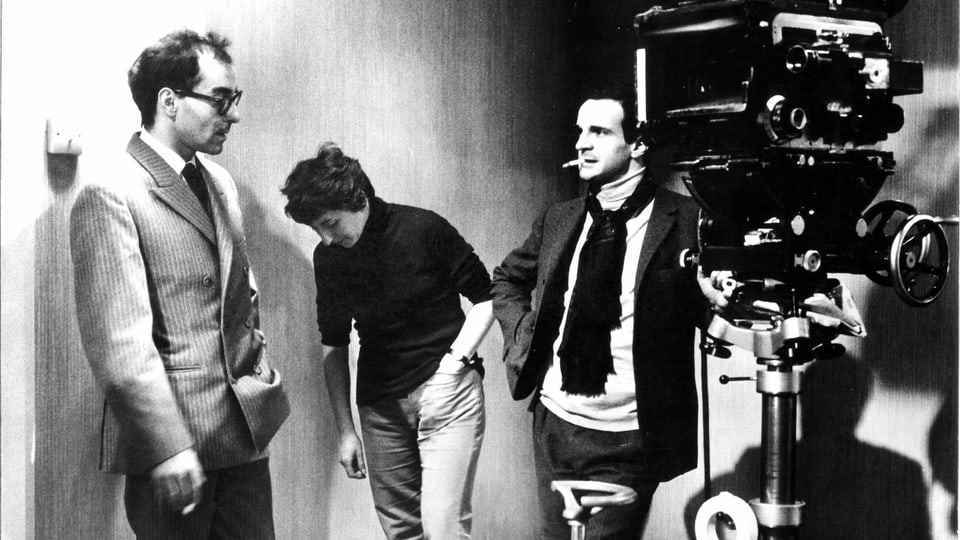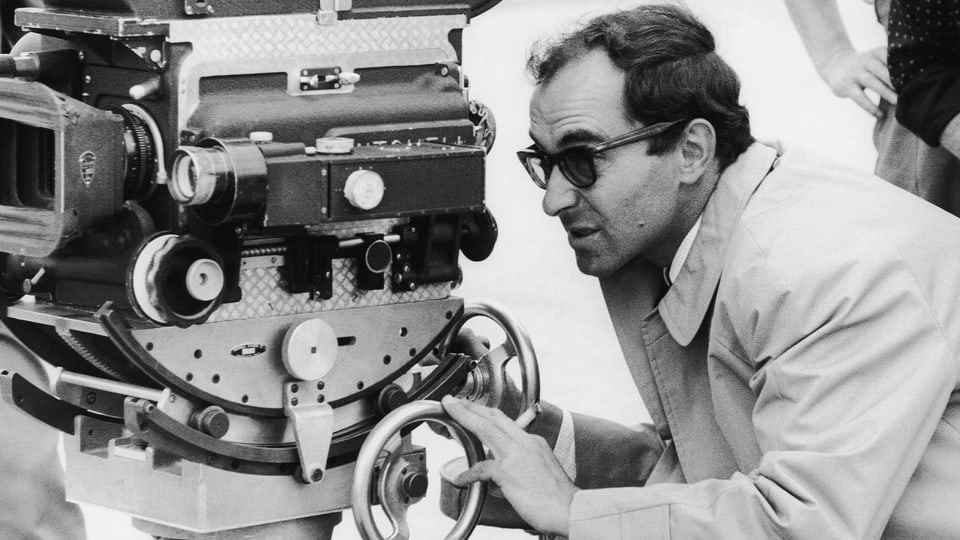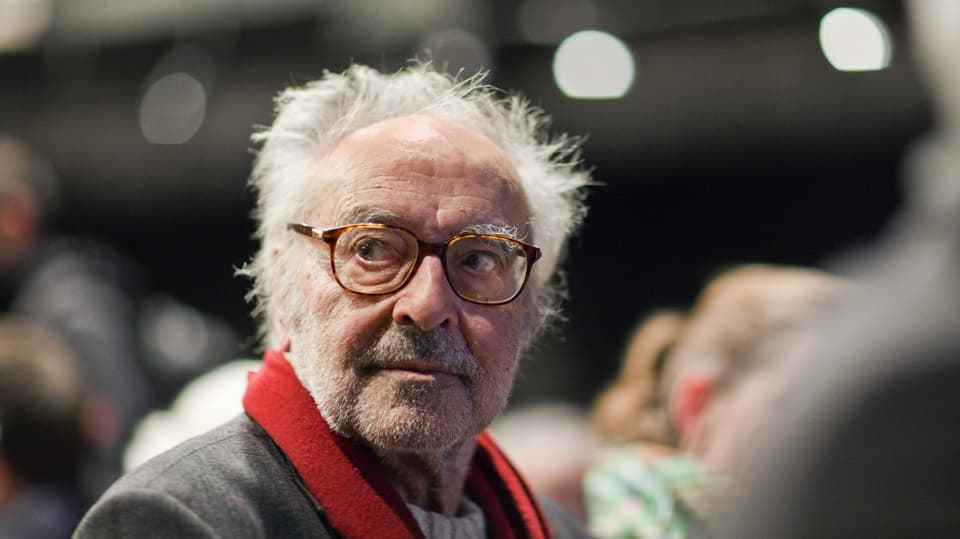contents
Jean-Luc Godard revolutionized cinema like no one before him. The French-Swiss filmmaker has now passed away at the age of 91.
Godard was awarded the Silver Bear for Best Director in Berlin in 1960 for his first feature film, the gangster drama «À bout de souffle». His debut stunned audiences and press alike. It was shot on location rather than in a studio – under natural light with a handheld camera. Common rules of continuity were deliberately ignored on average.
Today «À bout de souffle» is considered an early classic of the «Nouvelle Vague». That was the name of the cinematic movement that challenged the conservative status quo that prevailed at the time.
Legend:
“A bout de souffle” with Jean Seberg and Jean-Paul Belmondo.
MAURITIUS IMAGES / COLLECTION CHRISTOPHEL
Their young, francophone filmmakers saw themselves as authors. Her departure from traditional narrative forms and film techniques revolutionized cinema in the long term.
A new wave
The most famous exponents of the movement met in Parisian ciné clubs in the 1950s. In addition to Jean-Luc Godard, these included the later directors François Truffaut, Claude Chabrol and Jacques Rivette. They all worked as film critics before venturing behind the camera.

Legend:
Founders of the Nouvelle Vague: Jean-Luc Godard (left) with François Truffaut (right).
IMAGO IMAGES / RONALD GRANT
Godard made some of his most popular films in the spirit of optimism in the «Nouvelle Vague». For example, the crime comedy «Bande à part», after which Quentin Tarantino – a fan of film quotes like Godard himself – named his first production company.
title for eternity
Also unforgettable: the radical everyday collage “Deux ou Trois choses que je sais d’elle” or the romantic criticism of the upper middle class “Pierrot le fou”. These titles are just three examples of Godard’s films that can be found on countless international leaderboards.

Legend:
The director Jean-Luc Godard during the shooting of the film «Pierrot le fou».
GETTY IMAGES / ULLSTEIN IMAGE
His rejection of everything that was “bourgeois” can be explained by his own biography: Jean-Luc Godard was born on December 3, 1930 into a wealthy family. His mother Odile belonged to a Parisian banking family, his father Paul was a doctor.
When Jean-Luc was four years old, the family moved to Vaud. After the war he returned to Paris and enrolled to study anthropology at the renowned Sorbonne University. Due to his growing enthusiasm for the cinema, however, he largely stayed away from lectures.
departure from the mainstream
At the end of the 1960s, Godard increasingly turned away from the mainstream with his work. His films became more political in their message and more radical in their form.
With his compatriot Jean-Pierre Gorin he founded the «Dziga Vertov Group». A collective whose films stood out from the crowd through their Marxist ideology and the use of Brechtian narrative forms.
The best-known work from this phase is probably the class struggle drama “Tout va bien” with Jane Fonda. In this, the fourth wall is repeatedly broken, both literally and figuratively.
A visionary to the end
Towards the end of the 20th century, Godard again placed more emphasis on the aesthetics of his films. But he never completely said goodbye to social criticism.

Legend:
In 2010, Jean-Luc Godard took part in the “Grand Prix Design” award ceremony at the Museum of Design in Zurich.
KEYSTONE / GAETAN BALLY
His 3D experiment «Adieu au langage» won the jury prize in Cannes in 2014. And his last film, the essay “Le livre d’image”, was awarded a palm tree there four years later.
Godard, who never really liked the cult surrounding his person and therefore turned his back on mainstream cinema, has died at the age of 91. This was confirmed by his wife and his producers.
